|
We have other cats in our family that Max has known for a long time. Two in particular, Count Chocula (a tuxedo) and Daphne (Siamese). Of all our cats, they seem the most likely to stay in touch with him, if he were somewhere in the neighborhood. I thought it might be possible that one of our other cats might know where Max is, if they were visiting him. So I got a couple pet trackers, a Jiobit and a Whistle, signed up for their data services, and put them on the cats. Then I collected the location telemetry for each cat's excursions. The light maps are from the Jiobit and the dark ones are from the Whistle. These locations show where the cats have collectively visited over the course of a few weeks. It's just a start but I intend on collecting more data and seeing what else it may show.
1 Comment
My cat Max has been missing for about six weeks, and I have been very depressed, trying to search for him. I also didn’t know if the way I was searching for him was the smartest way to do it. A friend of mine introduced me to Mark, a guy who lost his cat but found her a few months later. He used an approach I had never thought of and wanted to share it. See Mark’s video here: https://www.youtube.com/watch?v=_-qnmIEUXaE&t=64s
According to Mark, sometimes cats get triggered into a self-preservation/quasi-feral mode. If they get attacked by another cat, say, they can start hiding during the days. They could even be hiding near their house, but you probably would not see them. So Mark started monitoring his property with little cameras. He was even kind enough to lend me a couple. You set up the cameras in places the cat might slink around or are a little hidden. Nowadays these Internet cameras can detect motion and record it, so you learn what cats are hanging out around your house. If you see your missing cat, great. If not, then you should try trapping. He was also kind enough to lend me a couple traps, and I have one of my own. If the cat is in survival mode they may not come when you call their name, so you have to buy the stinkiest and smelliest food they love, and use it as bait in the traps. Again, you want to put the traps near places a cat would feel safe. Camouflage the trap with a blanket or some thing that makes it look less like a trap, like a couple old blankets perhaps. You can also put catnip on the trigger plate inside, which will encourage them to push it. If you do try trapping, it’s extremely important that you regularly check the traps! you can even use your Internet cameras to monitor the traps. But you do have to be vigilant because you are likely to trap other animals and you have to release them. I have used these Wyze cameras in the past. They're reliable, have a lot of features (including night vision) and are relatively cheap. They make an outdoor one that is battery powered so you don't have to run power to it: https://wyze.com/wyze-cam-outdoor.html More info coming later. If you want to help, you can download the Shadow lost pets app and screen photos of shelter cats with me. I'm pretty impressed with the app so far. The pandemic has revealed some stark differences in people. Every day brings some new items of heroism, or selfishness. Society has so many harmful things happening right now, they crowd the camera. They fill the frame, and it’s very hard to see anything else when it’s all in your face.
I’m starting to realize that the convenience of focusing on negative things leads me directly to nastiness. The ease with which I slide from absorbing ever-more-dire news about the world and towards viciousness is upsetting. The fact that it is upsetting tells me I’m not too late to do something about it. I have thought about this video for many months. It is very short. It speaks volumes: https://youtu.be/eDM-v9jSlSQ Compassion deserves to be found. It is easily covered up with darkness, with cynicism. When something pushes my buttons, and all my reactions start lining up for attention, compassion gets shoved to the back of the queue. Like children clamoring for recess, anger, hatred, callousness all twist and squirm trying to sprint towards the playground. They want to run riot, trample and cause havoc. That’s how they have fun. Nowadays I struggle to find compassion at the edges of my attention. It feels like I am holding dark feelings by the shoulders and bodily lifting them out of the way, to clear a space. If I can make a clearing, a bit of compassion can stand undisturbed. It’s a glimpse reminding me to look at kindness the same way we regard a child: something beautiful, something decent. Something holy. I’ve never had children, but it’s beginning to dawn on me I can nurture my compassion the same way I would a child. I can parent compassion. I’ll make mistakes, and I’ll injure it along the way. Maybe when I start abusing myself for that, it can parent me. That’s not the reason to raise a child, of course: “it will care about me later.” You do it because in the doing of it, you are changed. If you’re lucky, changed into someone better than you started. And I would like to come out of this horrendous year better than I started. An academic colleague of mine recommended Justice by Michael Sandel, and it's a great read. On page 20 he explains two major schools of thought regarding justice:
“Leading the laissez-faire camp are the free-market libertarians who believe that justice consists of respecting and upholding the voluntary choices of consenting adults.” In theory this laissez-faire notion sounds good. Mature, responsible, upstanding, honorable. But in practice it’s a fatally-flawed perspective. The defects are found in two key phrases: “Consenting adults” “Voluntary choices” I'll address the concept of "voluntary choices" in a separate post, so first one first: the notion of "consenting adults" lacks a critical qualification: there’s a vast difference between making decisions when you’re an adult and making them as an adult. The first merely declares adulthood by the length of time spent breathing. The second implies adulthood by achieving a certain amount of competence, comprehension, and an acknowledgement of cause and effect. Imagine you’re in a car accident, and your leg is badly hurt. You’re wheeled into emergency surgery. The nurse gestures to a nearby man and asks you, “Do you consent for this adult to operate on you?” “Is he a good doctor?” you ask. The nurse shrugs and says, “We found an adult who consented to be your doctor.” “But is he any good?” “Look, he wanted to be a doctor here and we agreed. Now we’re asking if you agree. And as you can see, everyone is an adult, so you don’t have to worry.” Being an adult doesn’t mean you know what you’re doing. Being an adult doesn’t mean you are acting in your own interest. It doesn’t mean you’re educated about a complicated subject. It doesn’t mean you know what you’re talking about. It doesn’t grant you automatic wisdom or foresight. It doesn’t mean you are responsible, or compassionate. In short, adulthood by itself indicates neither competence nor decency. It’s tempting to look at a full-grown person and think they’re an adult on the inside; they look that way on the outside, after all. But the world is simply too big and complex for us all to have an adult understanding about everything. Enormous decisions are routinely made by people who are indistinguishable from children, at least in how much they understand the subject. For example, I’ve been writing computer software since I was a boy. I understand how to write programs both ideally and practically. I know the pitfalls and what leads to them. I can predict what will happen when certain conditions are satisfied, both in the code as well as the team writing it. On the subject of software, I’m a full-grown adult. But ask me to pilot a jumbo jet, design a skyscraper, or reform monetary policy? Suddenly my performance will be just like a kid’s. Because I don’t know what I’m doing. When it comes to those complicated subjects, and a hundred others, I’m an infant. The fact that I have an adult’s body is unimportant. Agreement between “consenting adults” is simply that: agreement. It is no guarantee that the outcome will be fair, smart, good, just, wise - or any other virtue - for anyone. Put another way, the “consenting adults” standard is too far low to provide any moral - or pragmatic - guidance. A just society doesn’t settle for “consenting adults” as the measure of sane and responsible decision-making. Consent isn’t the answer- competence is. Competent adults are capable of making well-considered decisions about complicated things. We should all be far less concerned with consent and more with capability. Consent is meaningless. Comprehension is the only standard that makes sense. Ever hear of the Drake equation? It’s this mind-bending attempt to estimate how many intelligent species there are in the universe. It basically lists all the things you need for intelligent life and tries to lay odds on clearing each of the hurdles. It goes like this:
By the time you guess all those answers then multiply them together, you wind up with an infinitesimally-tiny number. Of course, it’s more of a thought experiment than a way to get an actual answer. But a political version of the Drake Equation is useful for understanding the impossibility of arguing our way to policy victories:
It's obviously not exactly the same as the astronomical version, but the basic idea is there: by the time you go through all the steps, you have an infinitesimally-small number. A number so small, and the likelihood of success so remote, that the effort required can't be justified. In short, trying to persuade someone who doesn’t agree with you is a colossal waste of your valuable time. I feel sad that this is true. It’s a communal good to engage in meaningful debate. There is something of a tradition, based on some Socratic ideal probably, that good people of good conscience can arrive at good conclusions together. But we have a very limited amount of time to solve enormous problems. Even if every conservative you debated was intellectually capable and emotionally available to change their mind, the ROI is simply far too small. I used to think, naïvely, that people's beliefs are like a light switch; that a well-placed rejoinder would close some cognitive circuit and turn opponents into allies. What I've learned is that people might change their minds... if you share a relationship you both value. If your only relationship is words on a screen, or banal hallway chitchat, you will never change their mind. Absent a meaningful relationship with your co-conversationalist, no progress is possible. But we don’t need to hoist a hostile boulder up a cliff. You just need to nudge a friendly pebble over the edge: Don't waste time arguing with trolls online. Spend that time telling your friends what local and national candidates excite and inspire you. Don't read clickbait about the latest insanity from the administration. Spend that time showing people how to register to vote by mail. Don't watch videos about cruelties perpetrated by racists. Spend that time volunteering for groups that promote racial, environmental, and economic justice. We already know apathy and resignation are enemies, just as dangerous as this administration. We also know the power of inspiration cannot be overstated. So we should spend our time being proactive and motivating our friends to action also. The best debaters seldom win. Enthusiasm and excitement always wins. Several years ago a devout Jewish friend of mine shared this parable. I don’t know if it has I name, so I will call it “The Tale of the Young Archer”:
A hunter was walking through the woods when he spied a boy with a bow and arrow in a clearing. Across the clearing were five red targets, and in the center of each target, incredibly, was an arrow. The hunter could hardly believe his eyes. He went up to the boy and said, “I have never seen such incredible skill. I have been using a bow all my life yet I cannot do what you do. Please tell me how I can have an achievement like yours?” The boy proudly told the hunter, “It’s very easy. I just shoot the arrow first, then I put the target on afterwards.” According to my friend, the story illustrates why we need the Torah. Living your life without the Bible is like putting the target around the arrow. But when you start with God’s word and use Him as your target, you are always aiming for the right thing. I always thought this was a good example of the metaphors that guide the worldview of Orthodox Jews: Torah and God (called Hashem) are clearly the right target. The story is so effective because it has an assumption, quietly built-in, that God and the target are the same thing. In other words, He is the best target to aim for. That’s what targets are for, after all. I think the real value of the story is that it shows what happens when people adjust evidence to fit their desires. The boy wanted to be seen as a flawless archer, so he put targets around his arrows no matter where they landed. But the same thing happens in the religious world: whatever happens, God is at the center of the answer. No matter what, God is the reason. It’s confirmation bias, basically: make up your mind first, then create an explanation to fit. And for the devout, every explanation boils down to God:
Three catastrophe arrows, and three God targets placed around them. But life isn’t all tragedy. God is the reason behind countless everyday occurrences too:
Every day, things happen: great things, terrible things, and unremarkable things. Like the boy with his targets, insisting that God is the ultimate reason makes it impossible to consider anything else. Those who are convinced of the divine are at a disadvantage because certain explanations are simply forbidden. The Young Archer story is meant to illustrate what’s wrong with the secular worldview. In fact, it is an indictment of blind belief. It teaches us when we choose explanations that fit our preferences, we are unable to deal with the world honestly. We lose the ability to reckon with things that are complicated or hard, opting instead for something easier and more comforting. But accepting a conclusion based on truth and evidence is a major life skill. It’s essential to becoming a complete person. When we stop practicing that skill, we stunt our personal growth. To reach our potential, we must look at the world, then decide what is true... not decide first then choose a pleasant reason. That’s what my dad, Joe used to do. I have this one memory of him, the one memory I invoke whenever I think of this subject. Him sitting at the kitchen table on Williams Drive, his back to me, the gallon jug of skim milk, the open box of an Entenmann’s Louisiana crunch cake and a glass and a plate. His sweet tooth was pretty reliable, especially on a weekend night. The predictability of his ritual was comforting. It makes me feel like him when I stay up late eating. I know it’s bad for me. I think all that late night sugar contributed to the rotting of his mind. Maybe it’s not the only reason, but based on some of the things I’ve learned I think it’s likely it was at least a factor.
I think about my own mind rotting as I eat jam and crackers and chips and chocolate at midnight. Those few moments the food is in my hand and then in my mouth, I don’t care about my future. As soon as I’m done stuffing myself, I feel regret. I care again. I think I do it because it makes me feel like he is still here. I want him here. I want my dad. But I will never see him again. Representative Ocasio-Cortez’s Green New Deal is radical. It is, however, not optional. Why?
Because it’s impossible for a conservative approach to handle climate change. It gives me no pleasure to say that. I don’t say that sneeringly, or with smug ego. I say it dispassionately, as an objective fact, based on what “conservative” means in today’s America. This is in no way a screed against conservatism. Conservative philosophy and values have a meaningful place in our culture and politics. In fact, I’ll go even further: a conservative approach could have avoided this problem. To be conservative is to husband resources, to safeguard things in limited supply. It’s conservative to recognize that some things are precious and irreplaceable. If we had preserved the atmosphere for the past thirty years (that’s at least how long we’ve known this problem existed, and we can go back even earlier) none of this would be happening now. If we had actually been conservative, today’s radical proposals wouldn’t make any sense. But that’s not what we did. We were liberal with our consumption. We were excessive with our use of energy. Our leaders ignored decades of warnings from the scientific community. We neither held them accountable nor replaced them with people who took the emergency seriously. Instead, we continued seeking our short term pleasures and short term benefits. Now the bill has come due. It's like exercise. Exercise is valuable, helpful, and essential. You can't reach your full potential without some exercise. It's extremely important. All hail exercise. But climate change is a cancer. If you have cancer, you simply cannot exercise your way out of it. That doesn’t mean exercise isn’t a good thing - it is. If we’d exercised for 40 years, we probably wouldn’t have gotten cancer in the first place. But now we are where we are. You can't cure cancer by lifting weights. You can't shrink your tumors by doing pull-ups. You have to do difficult and disruptive things to cure cancer. You have to take drugs that make you throw up. You have to flood your body with radiation. You have to grab a knife and carve out the parts that will kill you. These things are painful, and expensive, and no one wants to do them. But none of that matters because those things stop the cancer. It’s the same with climate change. Under normal circumstances, radical proposals like AOC’s wouldn’t be necessary. But that is not what we’re facing. Today, what we face is so big, and so bad, that playing it safe is indistinguishable to doing nothing. It makes sense why people with a conservative philosophy, a small government, free-market philosophy, would reject all the things that need to be done. I get it. If you didn’t want to spend millions dollars on the environment twenty years ago, you sure don’t want to spend trillions of dollars now. But it doesn’t change the fact that radical steps must be taken. Moonshot-style, invasion-of-Normany-sized, Hoover-Dam-massive, Burj-Kalifa-level steps that will transform our society. The changes we need may even seem frightening. But like it or not, agree with it or not, it's simply too late to be conservative on this issue. Now, being radical is the only way to be conservative. That doesn’t mean that conservative people can’t help fix this. Dealing with climate change is in every single human being’s interest. Even if it costs money. Even if it raises taxes. Even if we’re inconvenienced by the process. We all have to act together. Conservative people can help solve the whole thing. They absolutely can. But when it comes to climate change, being conservative will fail. |
AuthorThe Mengovitzes live in Los Angeles, where Jason and Stacy bake, feed cats, and play Nintendo. Archives
March 2021
Categories |
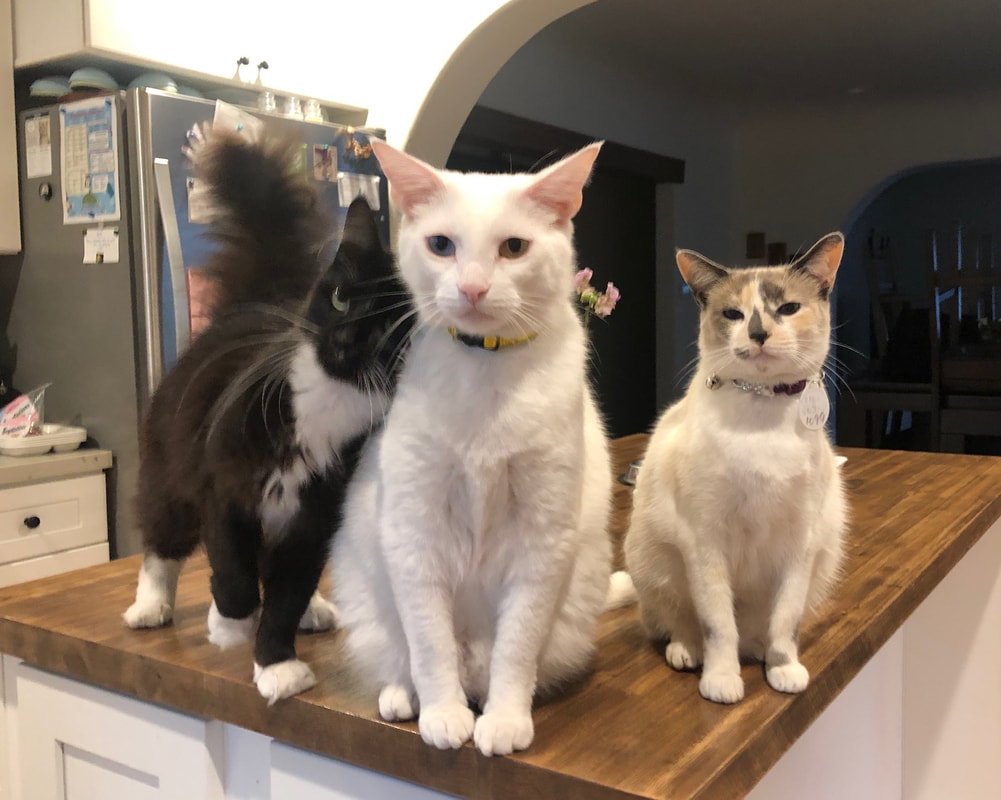
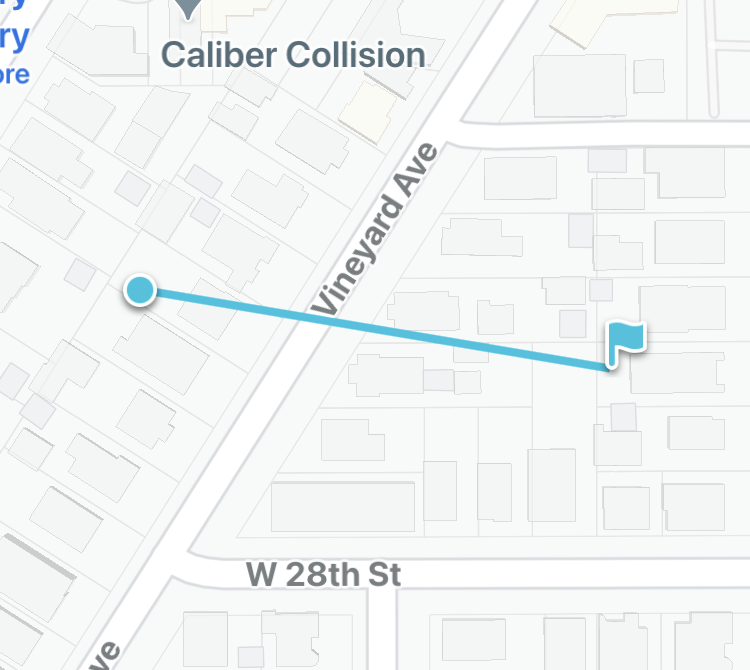
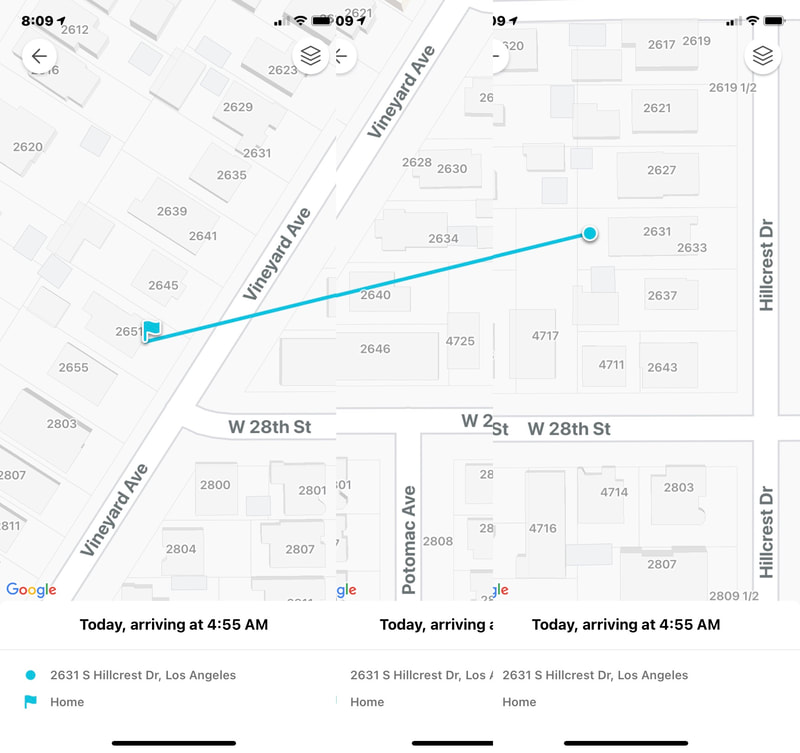
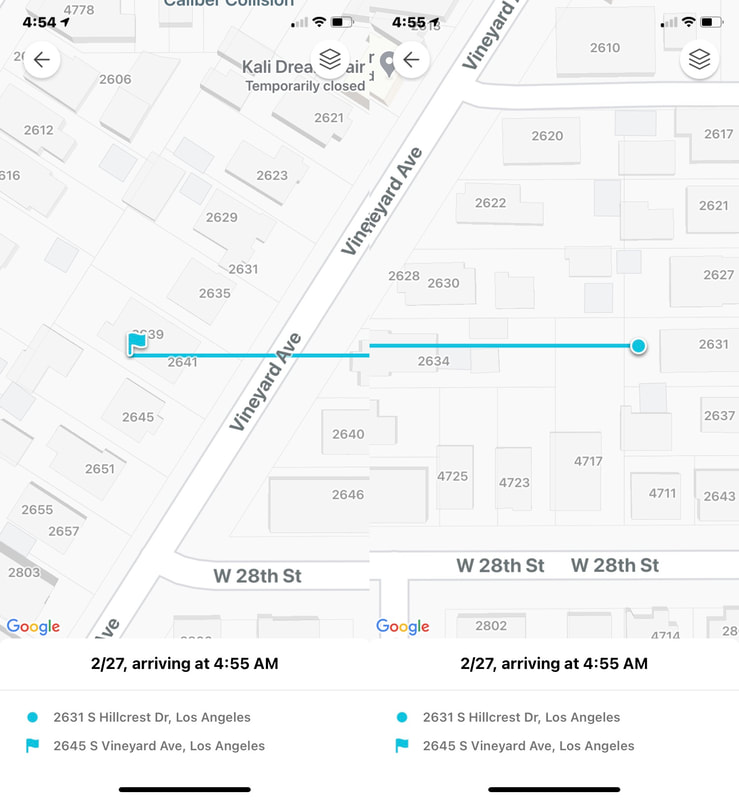
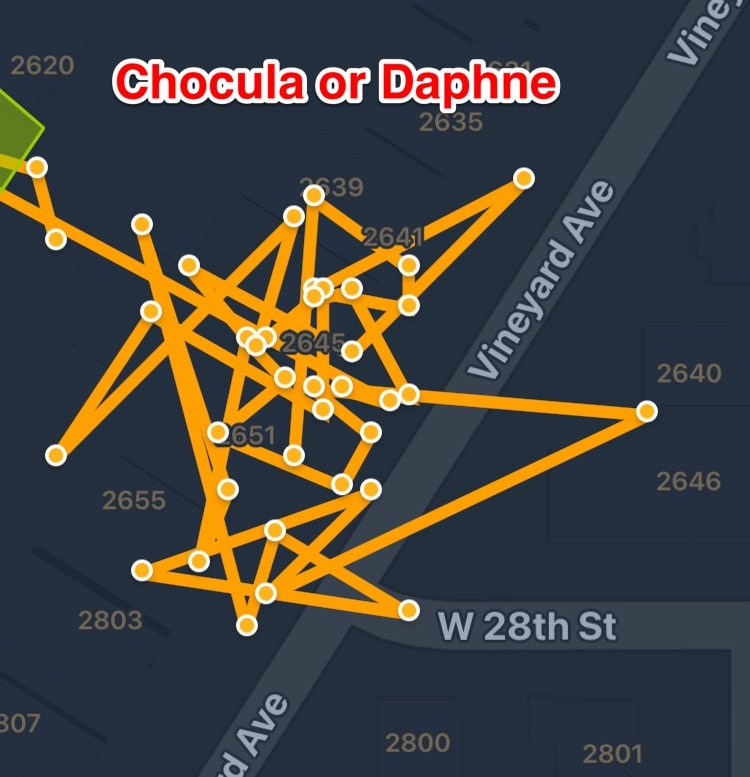
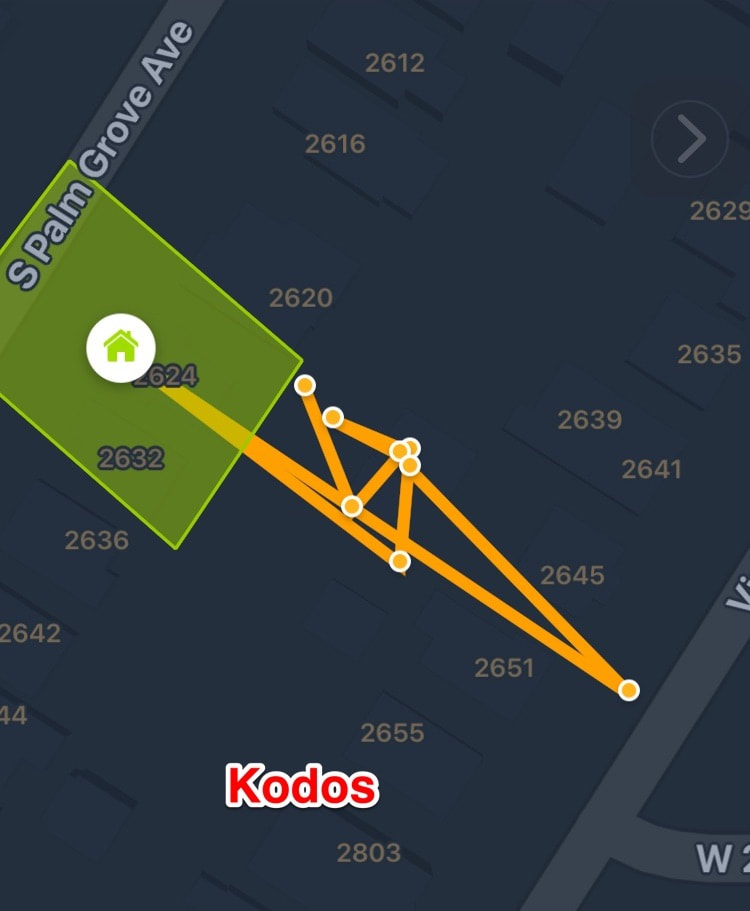
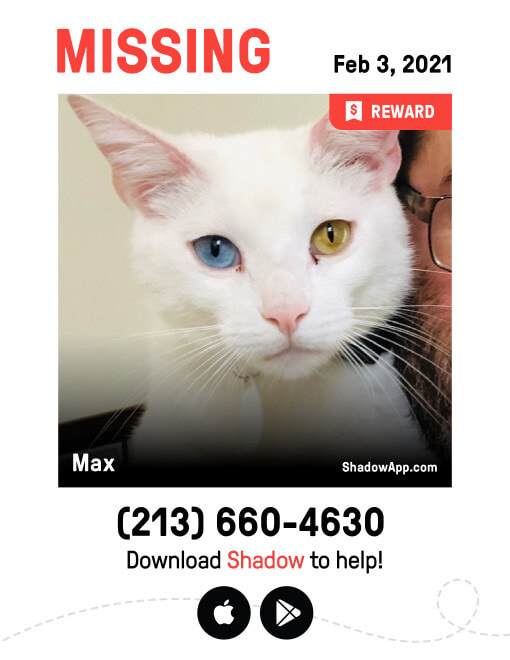


 RSS Feed
RSS Feed
